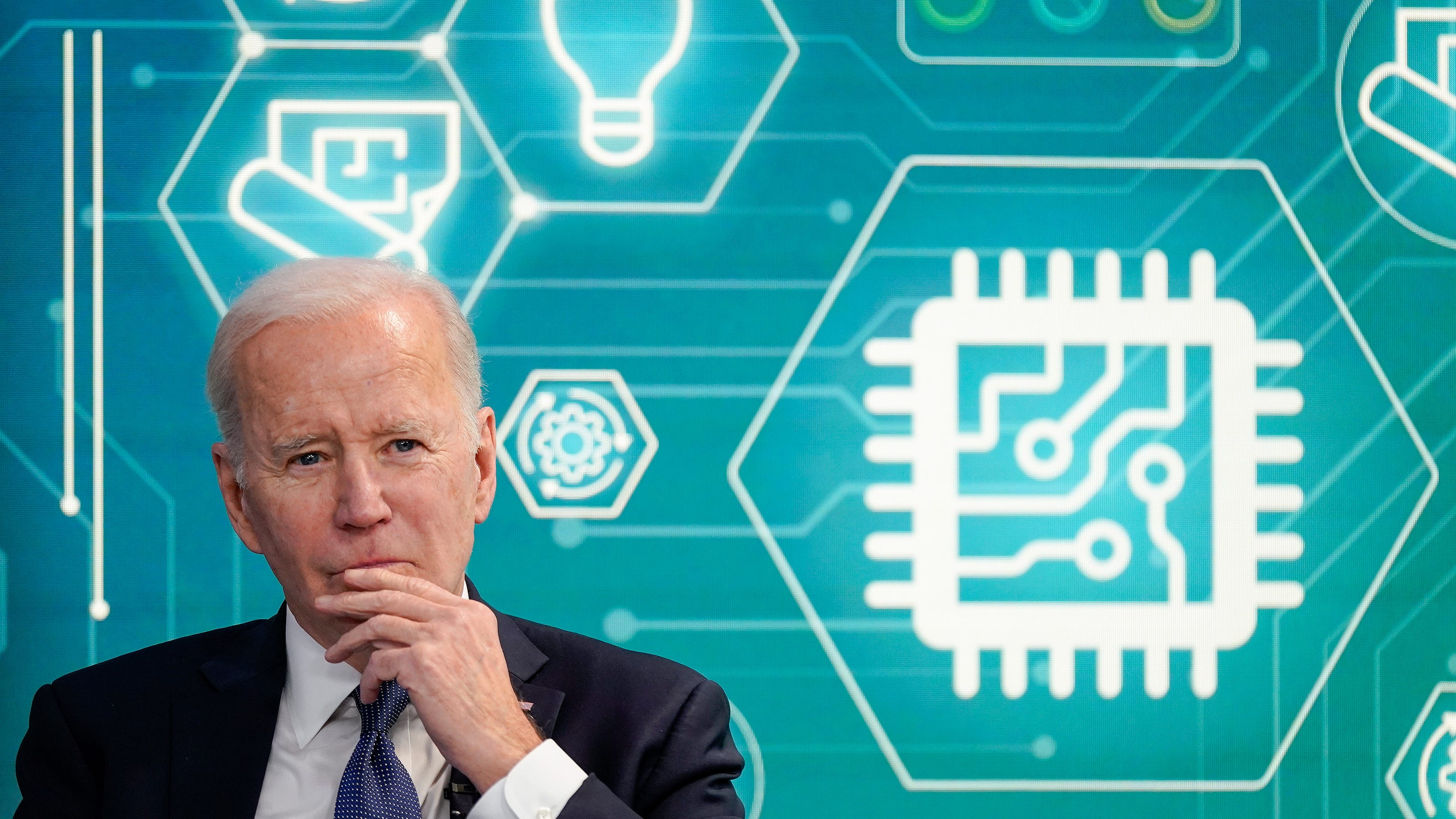
Child care a requirement for chip makers seeking billions in incentives under Biden rules
Microchip companies seeking at least $150 million in federal assistance will have to submit plans to offer workers access to affordable child care.
www.usatoday.com
WASHINGTON — The Biden administration is requiring that microchip companies competing for a slice of $39 billion in federal incentives provide perhaps the biggest need for working parents: child care.
The Commerce Department is set to release parameters Tuesday for semiconductor companies who apply for federal assistance to build commercial manufacturing facilities through the $50 billions Chips and Science Act, which Congress approved last year.
Biden wants to transform the U.S. economy over the next decade to compete with China in the domestic manufacturing of leading-edge chips that are essential for smartphones, computers and cars.
But the effort faces a shortage of workers skilled in the field. That's why the Biden administration is mandating companies seeking at least $150 million in aid submit plans to offer workers – inside the facilities and during construction – access to high-quality, affordable child care.
The goal: remove a common barrier preventing many Americans, particularly women, from entering the workforce.


